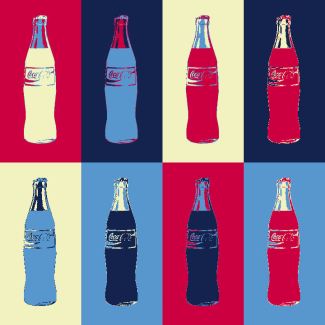People of the same trade seldom meet together, even for merriment and diversion, but the conversation ends in a conspiracy against the public, or in some contrivance to raise prices.
— Adam Smith, An Inquiry into the Nature and Causes of the Wealth of Nations (Book I, Ch. 10, ¶ 82)
This Adam Smith quote is often used to emphasize the evil and collusive nature of “big business.” Unfortunately, like so often happens in these instances, everyone forgets the rest of the quote.
People of the same trade seldom meet together, even for merriment and diversion, but the conversation ends in a conspiracy against the public, or in some contrivance to raise prices. It is impossible indeed to prevent such meetings, by any law which either could be executed, or would be consistent with liberty and justice. But though the law cannot hinder people of the same trade from sometimes assembling together, it ought to do nothing to facilitate such assemblies; much less to render them necessary.
Smith wasn’t advocating for anti-trust legislation; he thought such laws were unenforceable and inconsistent with liberty and justice. Rather, Smith cautioned against government mandated collusion.
Coyote Blog illustrate how we have quite ignored Smith’s admonition.
I can add a million examples. Hair braiders are stepped on by the government in collusion with licensed beauticians. Taxi companies get the government to quash low-cost or innovative shuttle transportation. Discount casket companies are banned by government in collusion with undertakers. Take dentistry. Why do I need to go to an expensive dentist when 99% of my dental needs could be served by a hygienist alone? Because the government colludes with dentists to make it so. And don’t even get me started on medicine. My guess is a huge percentage of the conditions people come into emergency rooms with are treatable by someone without a 4 year medical degree and 6 years of internship. Does one really need a full medical education to stitch up a kids cut knee? Well, yes, you do today, because doctors collude with the government to make it so. Why can’t people specialize, with less than 10 years of education, on just, say, setting bones and closing cuts? Why can’t someone specialize in simple wills or divorces without a full law degree?
As Adam Smith clearly saw, the real danger is not collusion between business men and business men, but collusion between business men and government. Government is so much more dangerous because it is always done “for our own good.”
Of all tyrannies, a tyranny sincerely exercised for the good of its victims may be the most oppressive. It may be better to live under robber barons than under omnipotent moral busybodies, The robber baron’s cruelty may sometimes sleep, his cupidity may at some point be satiated; but those who torment us for our own good will torment us without end, for they do so with the approval of their own conscience.
–C.S. Lewis





